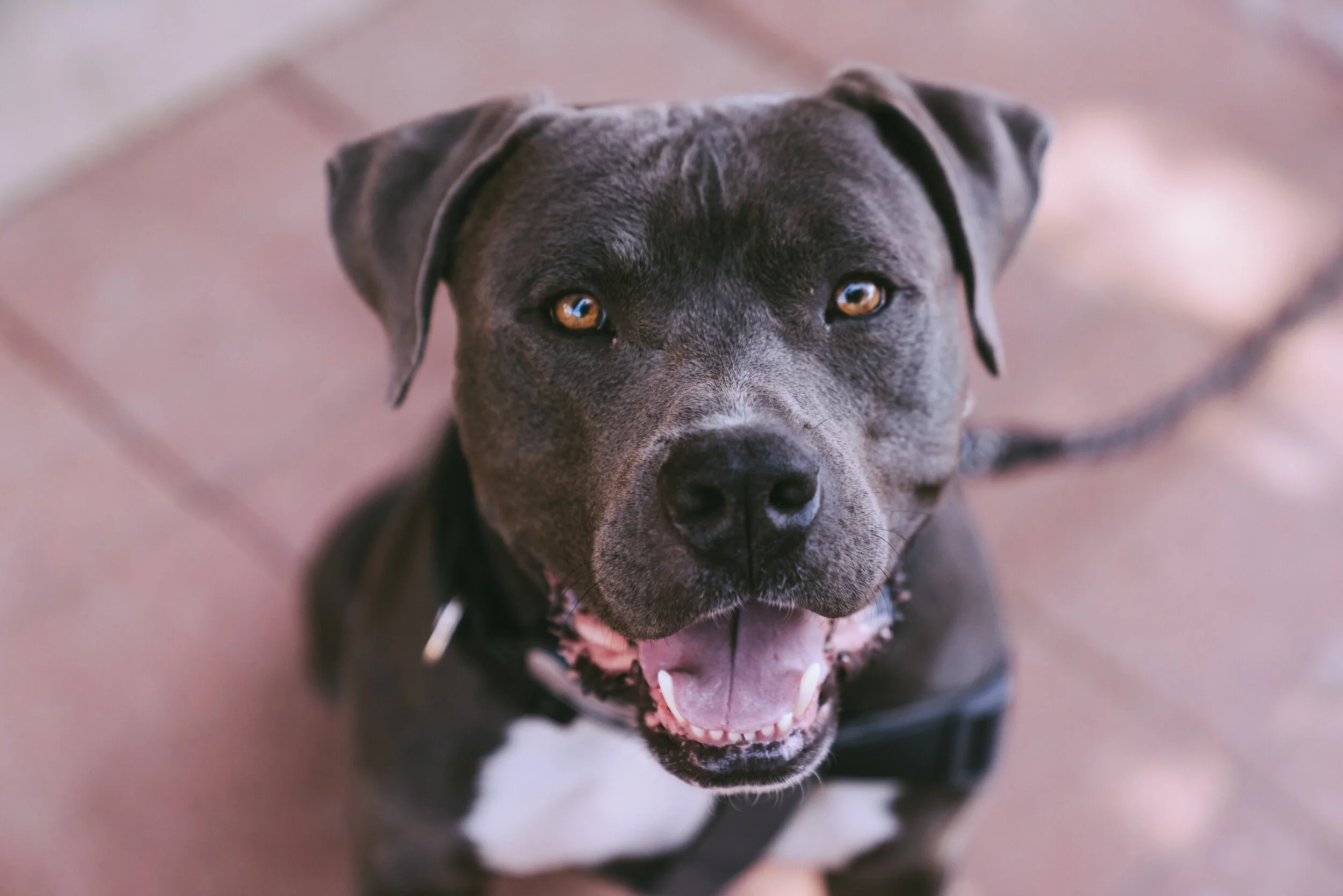The Degradation of "Good Communication" in Dog Training
Written by Lauren Tsao, MS, CDBC, CPDT-KA
Let’s talk about good communication habits with our dogs. To first get a clear picture of what I am talking about, we need to first define “good communication”.
Mr. Webster defines the term “communication” as follows:
Communication
1. the imparting or exchanging of information or news
2. means of sending or receiving information, such as telephone lines or computers.
One could imagine from these definitions that good or proper would mean that we are able to impart information quickly, thoroughly, and understandably to the other party with as little effort as possible.
In the field of Psychology, we are often trying to teach people to have good communication skills with those around them. Many relationship issues can simply come down to one party or both parties not understanding how to best communicate with others. There’s definitely a wrong and right way to communicate information to others.
In humans, we would consider a person who is demanding to get their way, verbally correcting the other person nonstop, never giving positive feedback, or even hitting or striking the other person to communicate their point; a person who is impulsive, impatient, immature, angry, mean, or even abusive. Never once have a heard a person who does these things to another person called a good communicator. In fact, we often complain about these types of people and avoid them - sometimes even jail them!
As a professional dog trainer that specializes in training methods that build relationships between owner and dog, it is deeply upsetting to see the terms, “good communication” or “proper communication” so misused in today’s animal training industry.
Most people are lacking in the ability to communicate with other humans, much less other species. However, I see the term, “good communication” thrown around often because it sounds nice. It sounds like rainbows and unicorns and it sells products and training classes like hot cakes. But, the term is so misused in the training industry that you will never hear me say it in my own training classes because people have the wrong idea of what good communication with animals is.
The term brings owners and newbie trainers straight into the thought process of “ I must correct my dog to communicate I do not want this behavior.” or “I must display my dominance to communicate they cannot get away with these behaviors.” These terms have been degraded over the years by trainers who use them as marketing catch phases to reel in owners who are wanting a way to tell a dog to stop immediately. The owners believe they need stronger corrections or “communication” to force the dog to stop it right now, but what they really need is to just train their dog.
Teaching a dog to stop in his/her tracks and focus on their owner is actually pretty easy to teach in five minutes or so with positive reinforcement, but our human brains immediately go to the use of punishment when it isn’t needed and it doesn’t actually help us communicate what we want from the dog; only what we don’t want.
There are thousands of things I don’t want my dog to do, so is it good communication to follow the dog around waiting for my chance to correct them every time they perform an unwanted behavior, or is it good communication to teach them a handful of skills that they could be asked to do instead of the unwanted behaviors? Which do you think would be faster and more enjoyable for the two of us? Probably teaching the new skills instead, right? That would fall under positive reinforcement because we are encouraging the development of behavior and it doesn’t involve correction or punishment.
Good communication requires appropriately giving and receiving feedback, as well as having respect for the other party you are communicating with. This means having enough respect to show them the right answer before laying into them for giving a wrong answer.
Good communication is not about fast and hard corrections each time they make a mistake. It is about showing them the correct answer, encouraging them, preparing them to make the best choices, and having enough respect for our animals to see when we need to change our own behavior to help the animal understand what we are communicating.
There isn’t a fast track to good communication with your animal. Good communication isn’t something that is sold in the pet shop, it isn’t a special leash or collar, and it certainly isn’t only providing negative feedback to your animal repeatedly in hopes that they finally come across the correct answer.
Good communication is built over time by being valuable to your dog by providing positive feedback, supplying encouragement, setting them up to succeed, and being ready to reinforce that desired behavior when they get there. Rethink how you define good communication and your dog will thank you for it. If you a struggling to build good communication with your dog, let us help!
Contact us about what is going on with your dog and we will tell you how our dog trainer and certified dog behavior consultant can help you and your dog in the Jackson, MS area or virtually.



